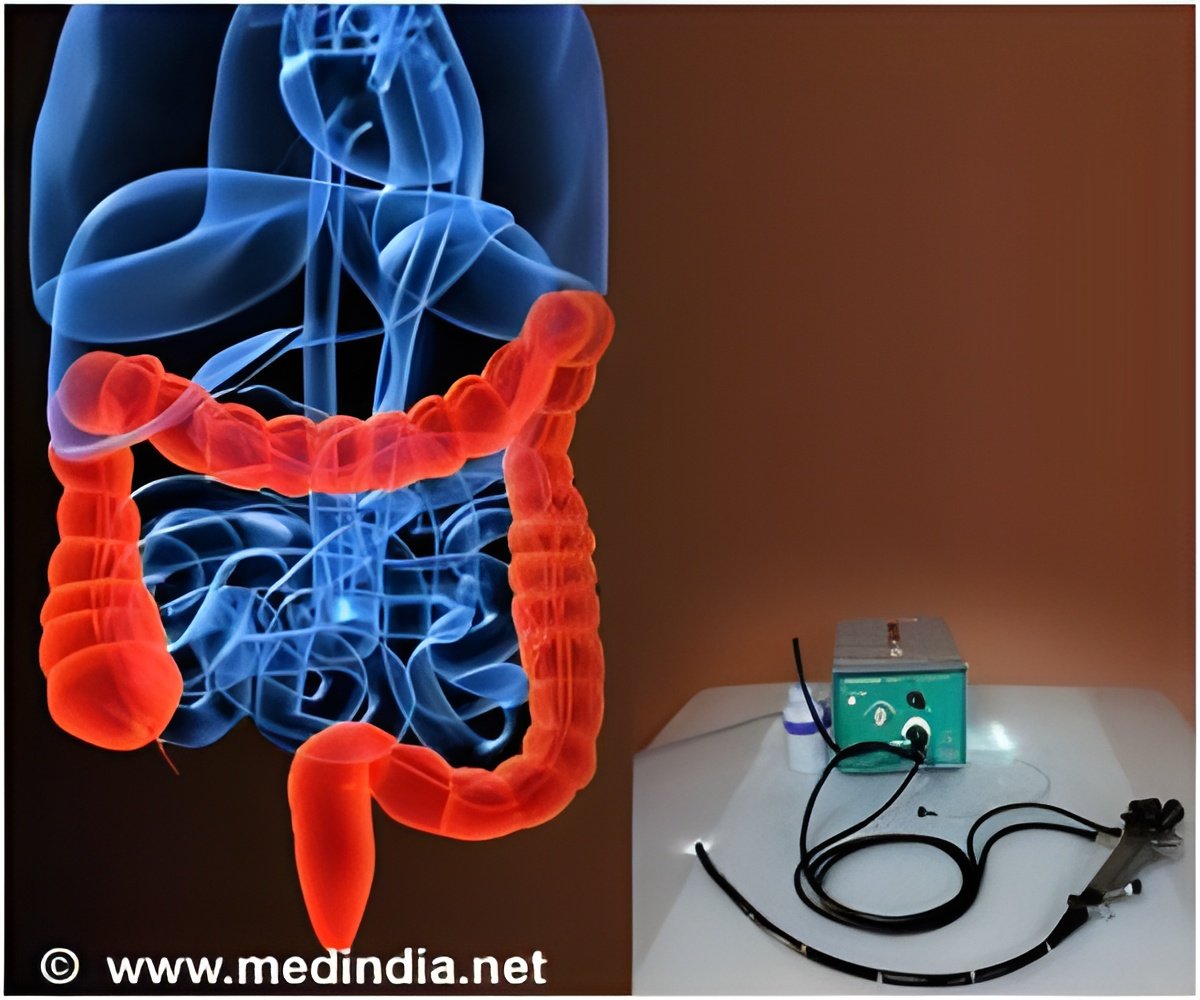affects between 10-15 percent of community-living older adults – making it a significant public health issue.
Courtney L Millar, Ph.D., a Post-Doctoral Research Fellow, Hinda and Arthur Marcus Institute for Aging Research, and a Research Fellow, Department of Medicine, Beth Israel Deaconess Medical Center and Harvard Medical School, is the lead author of the study, “A Pro-Inflammatory Diet is Associated with Increased Odds of Frailty after 12-Year Follow-up in a Cohort of Adults.”
Approximately 1 in 6 community-dwelling older adults will develop frailty, a serious condition of impaired function of ability, which carries increased risk of falls, hospitalizations, and mortality.
Previous studies linked specific nutrients with frailty or physical function but did not capture an individual’s entire diet and its impact on frailty over time.
To address this concern, the researchers calculated dietary inflammatory index (DII®) score that reflects the overall inflammatory potential of one’s diet.
This study, led by Dr. Millar, looked at the role of diet-associated inflammation on the likelihood of developing frailty.
Details of the Study
The study of 1,701 relatively healthy participants from the Framingham Heart Study found that a pro-inflammatory diet was associated with increased odds of frailty over a 12-year period.
A one-point higher DII score (on a roughly 16-point scale) was associated with 16 percent higher odds of developing frailty over 12 years.
The quarter of participants consuming the most pro-inflammatory diet were more than twice as likely to develop frailty as the quarter of participants who ate the most anti-inflammatory diet.
“The study indicated that regularly eating foods that contain nutrients such as dietary fiber and dietary antioxidants (such as vitamin C, vitamin E, and flavonoids) may prevent older adults from becoming frail,” Dr. Millar said.
“While more studies are necessary, guidelines based on an anti-inflammatory diet may help reduce the percentage of older adults who may develop frailty and related conditions such as falls and fractures, which can improve their quality of life.”
Source: Eurekalert



